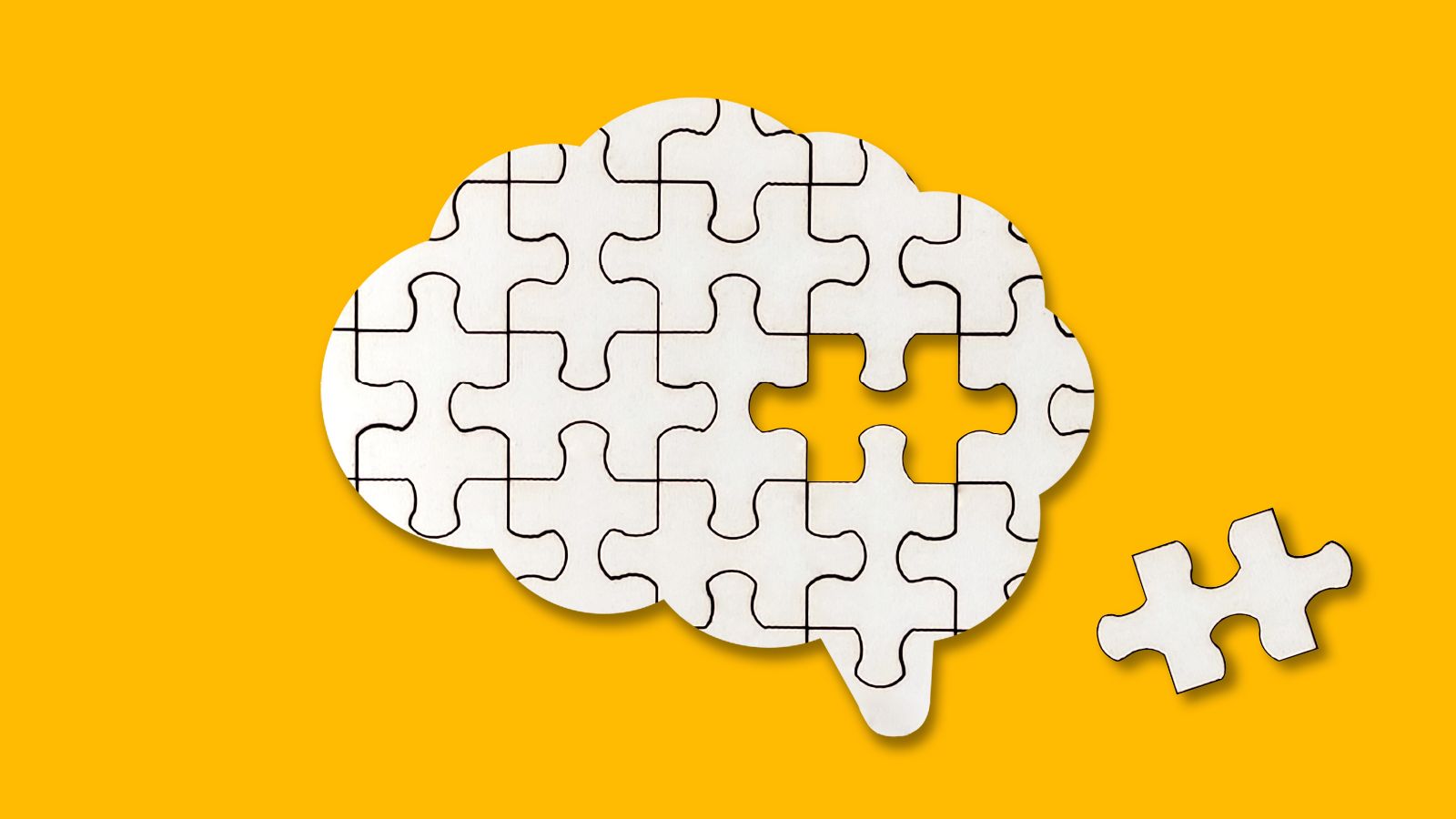Monitoring our health can be challenging, especially if symptoms develop gradually. Being aware of early warning signs of illness and disease can help you address health issues before they become serious. We look at 20 startling signs that your health might be declining quicker than you realize:
Unexplained Weight Loss or Gain

Sudden, unexplained changes in weight can be a red flag for deteriorating health. Significant weight loss, if you haven’t changed your diet, might indicate thyroid problems, diabetes or even cancer. In contrast, unexpected weight gain could signal heart disease or hormonal imbalances.
Chronic Fatigue

Persistent fatigue that doesn’t improve with rest can be a sign of various health issues, including anemia, chronic fatigue syndrome or more severe conditions like heart disease or sleep apnea. Fatigue is also a common symptom of depression and deteriorating mental health and should be discussed with your doctor.
Persistent Digestive Issues

Ongoing problems like bloating, diarrhea, constipation or abdominal pain could indicate gastrointestinal disorders, such as irritable bowel syndrome (IBS), inflammatory bowel disease (IBD) or certain cancers.
Shortness of Breath

Experiencing shortness of breath during everyday activities or while resting can be a symptom of cardiovascular or respiratory conditions, such as heart failure, asthma or chronic obstructive pulmonary disease (COPD). It is also common to get out of breath when overweight or obese and could be a sign that you may need to make changes to your diet.
Frequent Headaches

While mild headaches are common, especially after a busy day, you should monitor how often you are experiencing head pain. Frequent, severe headaches or migraines can be indicative of underlying issues such as high blood pressure, neurological disorders or even tumors.
Unusual Thirst or Frequent Urination

Increased thirst and frequent urination might suggest diabetes or kidney problems. If these symptoms are accompanied by weight loss or fatigue they should be evaluated as a matter of urgency.
Persistent Cough or Hoarseness

A cough that doesn’t go away or hoarseness that persists for more than a few weeks could be a sign of chronic respiratory issues in certain cancers, including throat cancer.
Unexplained Pain

Chronic or unexplained pain in areas such as the chest, back or joints can be a sign of serious conditions like heart disease, arthritis or even fibromyalgia. It’s normal to experience some joint pain as we get older but if the pain is interrupting your everyday life you should seek advice.
Sudden Changes in Skin

New moles, changes in existing moles or unexplained rashes could be symptoms of skin cancer or other dermatological conditions. Pay attention to changes in color, size or texture and seek out a dermatologist if you have concerns.
Memory Problems

Difficulty with memory or cognitive function, such as confusion or forgetfulness, can be a sign of neurological conditions like Alzheimer’s disease or other forms of dementia. While some memory loss in old age is normal, you should consult a doctor for a screening test if forgetting things becomes an everyday occurrence.
Swollen Legs or Ankles

Swelling in the legs or ankles can indicate fluid retention due to heart failure, kidney problems or venous insufficiency. Swelling could also be a sign of deep vein thrombosis (DVT), which is something you need to be aware of if you fly regularly or are sedate for most of the day.
Persistent Insomnia

Chronic insomnia or poor-quality sleep might indicate stress, anxiety, depression or sleep disorders such as sleep apnea. The longer you struggle to sleep the worse the insomnia gets so seek help as soon as your lack of sleep is impacting your day.
Frequent Infections

Experiencing frequent infections or illnesses could suggest a weakened immune system, which might be related to chronic conditions such as diabetes, HIV or autoimmune diseases.
Vision Changes

Sudden changes in vision, such as blurred vision, double vision or loss of vision, can be symptoms of conditions like glaucoma, cataracts or retinal disorders. Your optician can offer advice on eye heat during your regular eye examination.
Joint Stiffness or Pain

Persistent joint pain or stiffness, particularly in the morning, could be a sign of rheumatoid arthritis, osteoarthritis, or other inflammatory conditions.
Numbness or Tingling

Experiencing numbness, tingling, or weakness in the limbs might be indicative of neurological issues, such as peripheral neuropathy or a herniated disc.
Unexplained Bleeding or Bruising

Frequent or unexplained bleeding and bruising can be a sign of blood disorders, such as leukemia or platelet disorders, or a side effect of certain medications.
Loss of Appetite

A sudden loss of appetite can be a warning sign of various conditions, including gastrointestinal disorders, depression or cancer.
Persistent Bad Breath

Chronic bad breath, or halitosis, can sometimes indicate underlying health problems such as gum disease, digestive issues, or even systemic conditions like diabetes.
Elevated Stress Levels

Constantly feeling overwhelmed or stressed can impact your physical health, leading to conditions such as hypertension, heart disease and mental health disorders.
18 Reasons Why People Are Leaving Florida in Masses

Exploring factors that impact the desirability of living in Florida, this list delves into various challenges shaping residents’ experiences. From environmental concerns like rising sea levels to economic factors such as fluctuating job markets, these issues collectively contribute to a nuanced understanding of the state’s appeal.
18 Reasons Why People Are Leaving Florida in Masses
